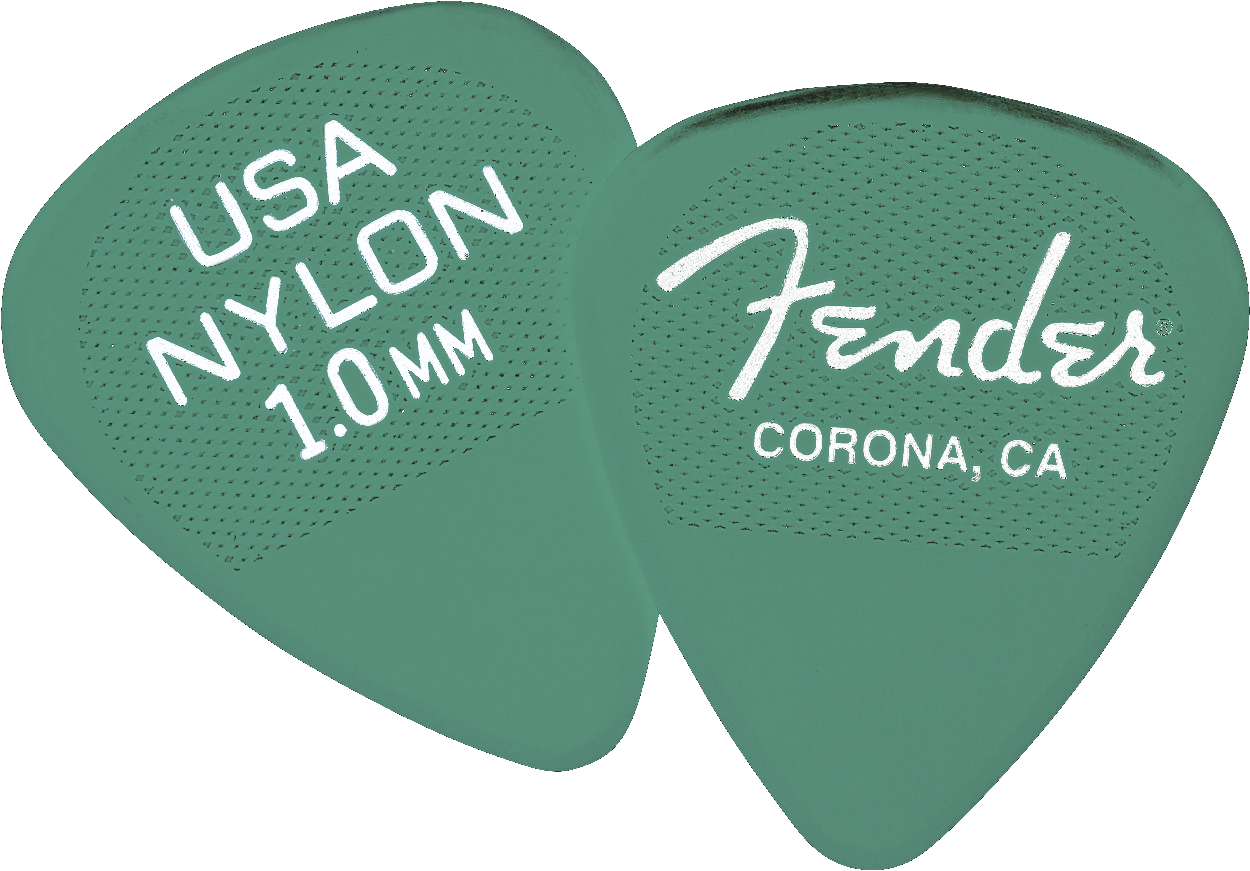
How do you listen to music? Is it more of a passive experience – for instance, you hear “background” music while you go about your daily business, or do you get really immersed in each sound? There is nothing wrong with the “peripheral” approach – as long as music is a big part of your life, lifts your spirits, relieves the stress, and generally improves your well-being, it’s all good!
But there is also another way to let music into your life and allow your brain to absorb it more fully. It’s called “mindful” or “active” listening. Basically, it means that you don’t just “lend an ear,” but actually listen with all your senses. This kind of “active” approach will help you develop not only better listening skills, but also a deeper appreciation of music.
In 1939, American composer Aaron Copland wrote a book titled “What to Listen for in Music.” Yes, this work is more than 70 years old, but, like music itself, it is timeless and as pertinent today as it was back then. If you are interested in this fascinating topic, then the book will provide an insightful resource. With “mindful” listening, you will not only hear different rhythms, pitches, variations, instrumentation, etc., but will also be able to “see” (in your mind’s eye) the figurative color and texture of music. But while there are several ways through which you can enhance your music listening experience (see below), how you actually interpret each piece is deeply personal. It’s just like looking at a painting or another piece of art – you may learn how to distinguish one technique from another, or understand various artistic influences, but only you know what this piece means to you.
This very interesting National Public Radio piece explains very well how to hear more in music. How do you go about it? Choose your favorite piece of music and focus on its rhythm and meter, melody, harmony, and overall dynamics. Look for these elements in various styles of music: classical, jazz, pop, rock, and whatever other genres you like listening to. With time, you will develop a much deeper appreciation of music. Now, you might be wondering how to foster this skill in children, so that they develop interest in music. The good news is that kids are naturally curious and open to new experiences, so exposing them to various music genres, as well as a variety of musical instruments, will lay a solid foundation for the future.
To understand how music works and how it is put together you should learn music theory; it will really open your eyes to many different aspects of music. When our teachers come to your Manhattan, Brooklyn or Riverdale home or office, they will show you not only how to play your instrument, but also how to “understand” the music. Think of this experience as a deep ocean: it’s fine on the surface, but once you explore what lies beneath, a whole new and exciting word is opening its mysteries to you!
